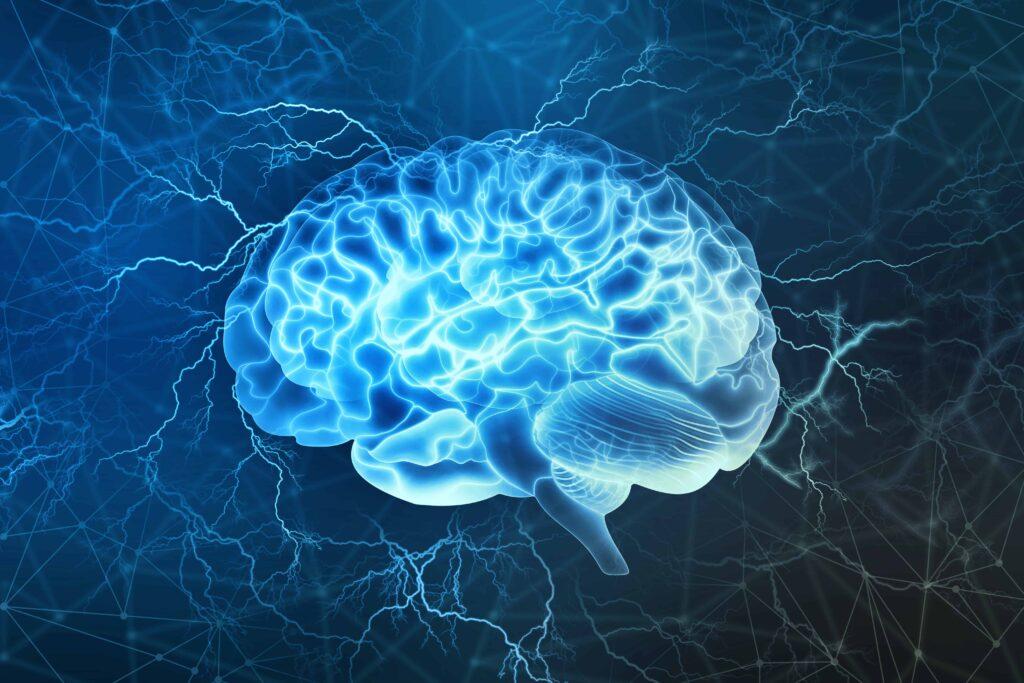

Anika Vittal
Class of 2026Los Altos, California
About
Hi! My name is Anika Vittal and my Polygence project is on the effect of music therapy on Autism Spectrum Disorder. I chose to work on this project because the topics of music and Autism Spectrum Disorder are pretty relevant in my life. I hope to bring awareness to the possibilities when it comes to supporting those with disorders!Projects
- What effect does music have on people with ASD and how can it help them? with mentor Olivia (Feb. 20, 2024)
Anika's Symposium Presentation
Project Portfolio
What effect does music have on people with ASD and how can it help them?
Started Sept. 5, 2023

Abstract or project description
Do you ever wonder why you prefer a specific song and why it makes you feel good? What’s actually happening is that certain parts of your brain, such as the cerebellum or amygdala, are important for processing music, and listening to music releases neurotransmitters, such as dopamine, which makes you feel good. But imagine if your brain worked differently than everyone else's. How would it integrate music now? In this work, I explore what Autism Spectrum Disorder (ASD) is, how music is normally integrated compared to how it’s integrated in a brain with ASD, and what music therapy and its benefits are. Individuals with ASD integrate information and perceive emotions differently. The imbalance of bottom-up and top-down processing for ASD that underlies this difference also changes the integration of music and response to music therapy. In a more structured environment, music can strengthen the brain and its processing, and help with behavioral responses. Furthermore, since ASD in each individual can be different, music therapy is flexible in the way that it can be used to respond to each individual’s needs. For these reasons, music therapy should be further studied and considered as a form of therapy for individuals with ASD.